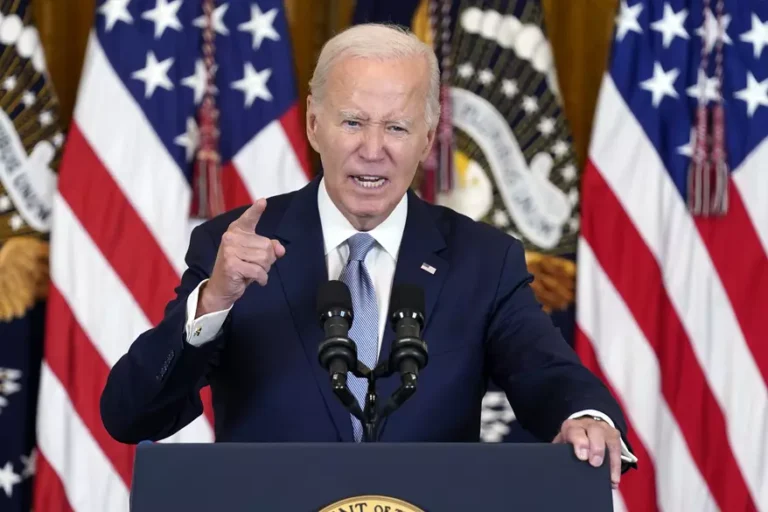Reconciliation Bill Hobbles Medicare, Hurts Seniors
Click here to read this Op-Ed on bostonherald.com
To help pay for the massive spending bill, congressional Democrats are planning an enormous change to Medicare. The changes will curtail access to today’s advanced medicines and stifle the development of tomorrow’s new treatments and cures.
The bill seeks to remove the Medicare drug benefit’s “non-interference” clause, which bars federal health officials from meddling in the prescription drug market. Democrats are marketing this plan as “negotiations” — because few would take issue with a good-faith back-and-forth. However, the bill explicitly plans to impose price controls.
As it currently stands, the spending package would cap the prices on branded medicines and impose a financial penalty if a drug rises in price at a pace faster than inflation.
This would completely upend Medicare.
By design, Medicare’s drug benefit was set up to be administered by private insurers. This model forces insurers to compete for seniors’ business by offering a wide variety of drug plans. Additionally, it forces drug companies to negotiate with those insurers, as they all want their medicines included on insurers’ formularies.
The government subsidizes the drug plans and requires insurers to cover many critical medicines, but otherwise, it stays out on the sidelines. This “non-interference” has turned into a critical safeguard for seniors, as it protects them from the one-size-fits-all formulary that patients face in other government-run health care programs.
Consider the Veterans Affairs drug benefit. Of the 200 most popular branded drugs in Medicare, the VA covered only 52% of them. Medicare’s drug plans, though, covered 74% of them. Government-run systems abroad are even more restrictive. American patients gained immediate access to 90% of the medicines released between 2011 and 2017. British patients could access only 60% of those drugs — and Canadians could only access 44% of them.
Setting drug prices arbitrarily would also deter companies from investing in research. It costs almost $3 billion, on average, to develop a new treatment. That cost is so high because every success story must pay for the medicines that never make it out of the lab or fail in clinical trials.
If the government starts capping prices — and thus, eliminates any potential for a return — investors’ risk calculus will change. Firms will scale back research. Funding for early-stage biotechs will effectively evaporate. The number of drugs created by those small firms will plummet 90%, according to Vital Transformation, a consulting firm.
That would turn out disastrously for America’s seniors. Nearly 6 million American seniors have Alzheimer’s today, and more than two-thirds of U.S. cancer deaths are among seniors. While we don’t have cures for these diseases today, in 10 or 20 years, we might — if our leaders don’t get in scientists’ way.
I served in the Army for 10 years, both enlisted and as an officer, and was a commander in Desert Shield and Desert Storm. I know firsthand the sacrifices our veterans make, as well as the shortcomings of the VA. Additionally, as an advocate for both veterans and seniors, I cannot stand by as Congress attempts to restrict our care and curb innovation.
Several experts echo this concern.
Tomas Philipson, who chaired President Trump’s Council of Economic Advisers, has forecast that an earlier version of this bill would prevent the development of at least 167 drugs over the next two decades, and as many as 342.
Meanwhile, the director of health policy research at the Harvard Kennedy School of Government recently predicted that a similar plan could block scientists from creating “a transformational drug for Alzheimer’s.”
What’s particularly galling is the reason Democrats are proposing these misguided reforms. The changes have little, if anything, to do with lowering patients’ out-of-pocket prices. Rather, it’s a money grab to “pay-for” the spending bill.
In effect, Democrats seem willing to sacrifice seniors’ health to pay for a spending package drafted by the far-left wing of the party. That’s unacceptable.
Sincerely,








